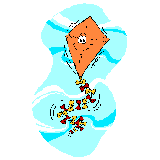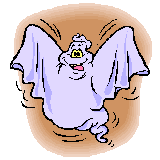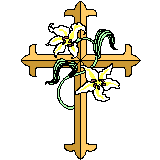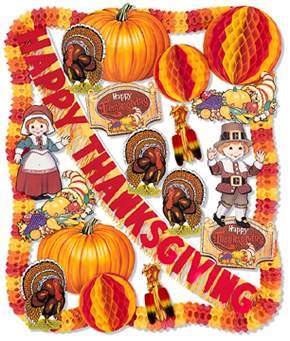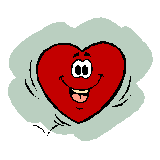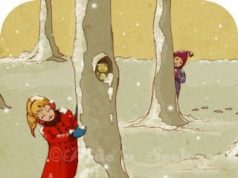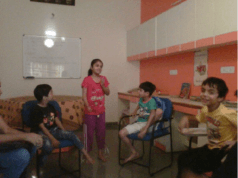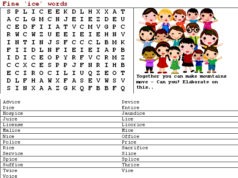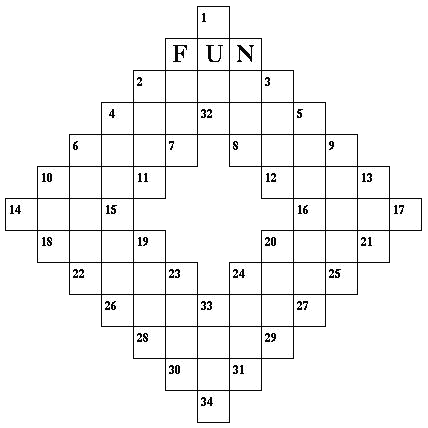
Crossword puzzles are said to be the most popular and widespread word game in the world. The first crosswords appeared in England during the 19th century.
The first known published crossword puzzle was created by a journalist named Arthur Wynne from Liverpool. He is credited as the inventor of the popular word game.
It appeared in a Sunday newspaper, the New York World on December 21, 1913, Wynne’s puzzle differed from today’s crosswords It was diamond shaped and contained no internal black squares. During the early 1920’s other newspapers picked up the newly discovered pastime and within a decade crossword puzzles were featured in almost all American newspapers. It was in this period crosswords began to assume their familiar form. Ten years after its rebirth in the States it crossed the Atlantic and re-conquered Europe.
|
Grammar Fun |
Activities |
Letters ght (eg. might) |
|
Conversation words |
Food Drinks |
Space Explorations |
|
|
|
|
The first appearance of a crossword in a British publication was in Pearson’s Magazine in February 1922, and the first Times crossword appeared on February 1 1930. British puzzles quickly developed their own style, being considerably more difficult than the American variety. In particular the cryptic crossword became established and rapidly gained popularity. The generally considered governing rules for cryptic puzzles were laid down by A. F. Ritchie and D. S. Macnutt. These people were gifted with the ability to see words puzzled together in given geometrical patterns and capable of twisting and turning words into word plays dancing on the wit of human minds. They have since constructed millions of puzzles by hand and each of these puzzlers has developed personal styles known and loved by his fans. These people have set the standard of what to expect from a quality crossword puzzle.
FIRST CROSS WORD PUZZLE
By Arthur Wynne
December 21, 1913
from The New York world
2-3.What bargain hunters enjoy.
6-22.What we all should be.
4-5.A written acknowledgment.
4-26.A day dream.
6-7.Such and nothing more.
2-11.A talon.
10-11.A bird.
19-28.A pigeon.
14-15.Opposed to less.
F-7.Part of your head.
18-19.What this puzzle is.
23-30.A river in Russia.
22-23.An animal of prey.
1-32.To govern.
26-27.The close of a day.
33-34.An aromatic plant.
28-29.To elude.
N-8.A fist.
30-31.The plural of is.
24-31.To agree with.
8-9.To cultivate.
3-12.Part of a ship.
12-13.A bar of wood or iron.
20-29.One.
16-17.What artists learn to do.
5-27.Exchanging.
20-21.Fastened.
9-25.To sink in mud.
24-25.Found on the seashore.
13-21.A boy.
10-18.The fibre of the gomuti palm.


